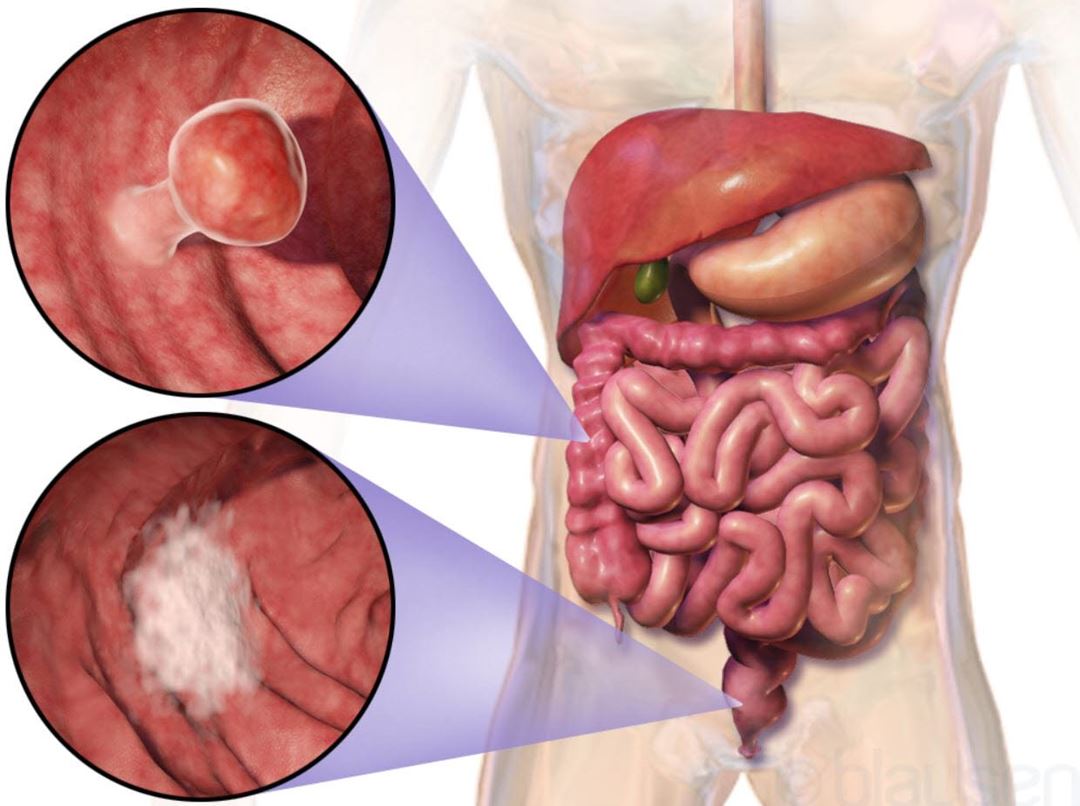Colorectal cancer has low survival rate. More than half of the patients diagnosed with the disease die during the first five years. Colorectal cancer is today diagnosed by colonoscopy, a method where a fiber-optic tube is introduced into the intestine to take pictures of the intestine wall. A large portion of small tumor lesions are not detected by this method.
The main goal of the project is to develop a method for early-stage diagnosis of colorectal cancer based on fluorescence optical imaging endoscopy, suitable for routine screening. Early detection will contribute to higher survival rate for these patients. At an early stage the cancer is small and difficult to detect. In this project the goal is to improve the detection method by specifically label the cancer cells with highly fluorescent dyes. This will be performed by encapsulating fluorescent dyes into nanoparticles and then proteins (targeting ligands) which specifically bind to cancer cells will be coupled to the surface of the nanoparticles. The main objective for SINTEF is the development and optimization of biodegradable nanoparticles containing fluorescent tracers and targeting ligands. High fluorescent brightness and high specificity for cancer cell targeting are important properties of these nanoparticles. The nanoparticles will then be tested by the German partner in endoscopy studies in mice.
NanoEFEct is a transnational European project with partners from Austria, Germany, Norway and Portugal. Professor Paul Debbage from the University in Innsbruck is coordinator.

